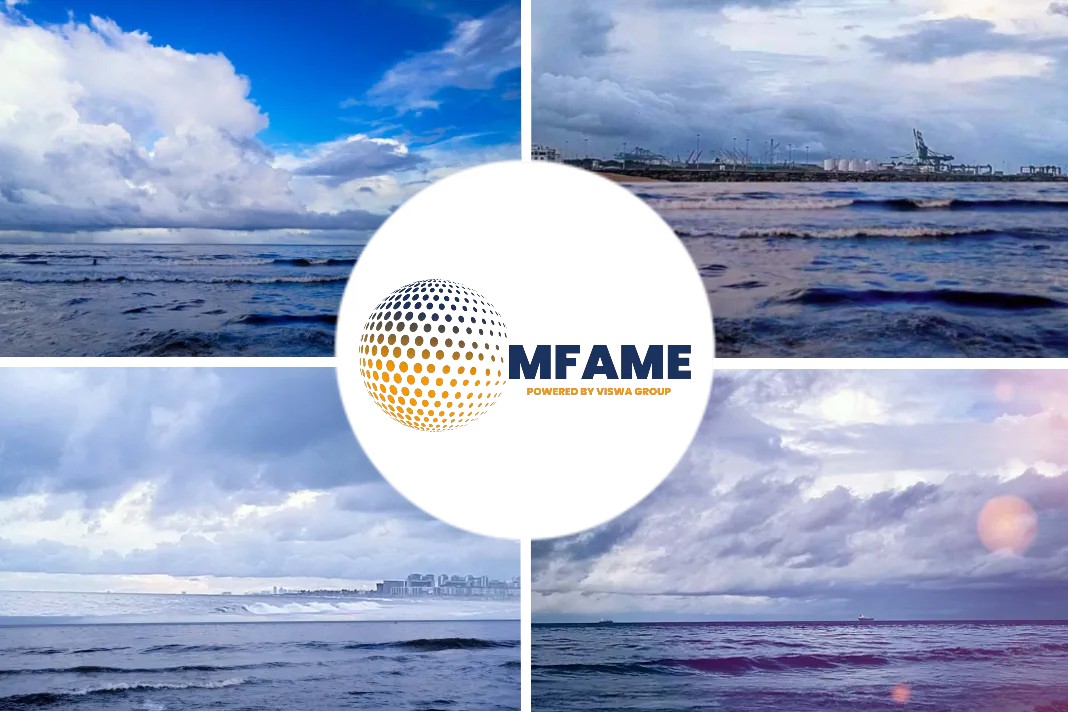Following the pandemic and its travel bans, fumigators are unable to sail with the vessel. Therefore, ship operators and crew, who do not have the necessary expertise to handle toxic materials, are exposed to a risky operational environment.
In this context, Standard Club has issued guidelines for topping-up of fumigant by crew during the voyage.
Crew fumigation
Standard Club is witnessing an increasing number of cases where ships that are typically engaged in carriage of logs are being asked to carry out topping up of fumigation by the crew during the sea passage.
Recently, while doing the fumigant topping-up, there has been a crew fatality on one of the Hong Kong flagged vessel entered with the club.
In light of the situation, Standard Club highlights the risk of performing topping up of fumigant in a cargo hold, while calls operators and crew to consider the following key points:
IMO Guidelines
IMO guidance contained in circulars MSC.1/Circ.1264 and MSC.1/Circ.1358 states that the crew should not handle fumigants and requires fumigation to be conducted by qualified operators.
Specifically, MSC.1/Circ.1358, paragraph 3.1.3.2 notes that: “Since fumigant gases are poisonous to humans and require special equipment and skills in application, they should only be used by specialists and not by the ship’s crew.”
IMO circular 1264, section 3.3.2.1 marks that fumigation in transit should only be carried out at the discretion of the master.
Accordingly, the master should be aware of the regulations of the flag State Administration with regard to in-transit fumigation. The application of the process should be with the agreement of the port State Administration. The process may be considered under two headings:
- fumigation in which treatment is intentionally continued in a sealed space during a voyage and in which no aeration has taken place before sailing
- in-port cargo fumigation where some aeration is carried out before sailing, but where a clearance certificate for the cargo hold(s) cannot be issued because of residual gas and the cargo hold(s) has been re-sealed before sailing.
Need for special precautions
As section 3.3.2.3 explains, before a decision is made as to whether a fumigation treatment planned to be commenced in port and continued at sea should be carried out, special precautions are necessary. These include the following:
- at least two members of the crew (including one officer) who have received appropriate training should be designated as the trained representatives of the master responsible for ensuring that safe conditions in accommodation, engine-room and other working spaces are maintained after the fumigator-in-charge has handed over that responsibility to the master.
- the trained representatives of the master should brief the crew before a fumigation takes place and satisfy the fumigator-in-charge that this has been done.
The trained representatives of the master designated in 3.3.2.3 should be provided and be familiar with:
- the information in the relevant Safety Data Sheet
- the instructions for use, e.g., on the fumigant label or package itself, such as the recommendations of the fumigant manufacturer concerning methods of detection of the fumigant in air, its behaviour and hazardous properties, symptoms of poisoning, relevant first aid and special medical treatment and emergency procedures.
Given the exceptional circumstances and in view of the stated IMO requirements, it is recommended that the ship operator and the fumigation company should develop a plan including:
- How the topping-up operation will be conducted.
- The training that will be given to the crew on the risks involved in handling toxic fumigant materials.
- A risk assessment for the fumigation operation (before proceeding to sea).
- Procedures to mitigate the risks identified.
Concluding, members are recommended to engage with the club to obtain assistance with the letter of indemnity (LOI) against any consequences arising out of cargo fumigation.
Did you subscribe to our daily newsletter?
It’s Free! Click here to Subscribe!
Source: Standard Club
















